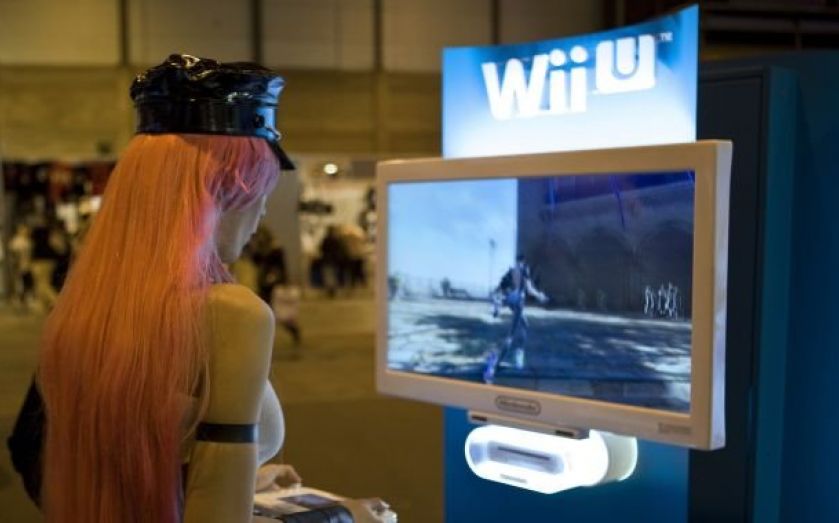| Updated:
Following the #GamerGate saga, new study states gaming least welcoming area for women online

A new study from the Pew Research Center has found online gaming is the "least welcoming" online environment for women.
The findings come as the #GamerGate saga continues to spark fierce online debate about the level of sexism and misogyny in the video game community.
The research, by the US-based Pew Investigation Centre, found just three per cent of internet users believed online gaming to be more welcoming towards women than men.
The study states:
While most online environments were viewed as equally welcoming to both genders, the starkest results were for online gaming.
Just over half of respondents to the Pew survey said the online gaming “neighbourhood” was equally welcoming towards both men and women, while 44 per cent felt it was more welcoming to men.
In contrast, respondents felt every other common online environment was more welcoming for women. Online dating apps and social networking sites were even said to be more welcoming towards women than they were to men.
Some 78 per cent of respondents voted the comments section of a website – that well known hub of tolerance and camaraderie – as the most egalitarian online arena.
However, just 11 per cent of women who said they had experienced harassment, said their most recent experience occurred in online gaming. The majority of people who claimed to have experienced harassment in the gaming "neighbourhood", cited “sore losers” as the harassers. As a result, they “easily brushed off” negativity.
But even if the majority of harassment is nothing more than name-calling, that doesn’t mean serious sexist abuse isn’t a real problem on the internet.
Young women aged between 18 – 24 were found to be more likely than any other demographic to be subject to the most severe forms of harassment online. Just over a quarter said they had been stalked online, 25 per cent had been sexually harassed and 23 per cent experienced “severe harassment like physical threats.”
Half of all female internet users aged between 18 – 24 said they had been called offensive names.
The survey was answered by 3,217 respondents who self-identified as internet users between May 30 – June 30 2014. In total, 441 women said they experienced online harassment.
The #GamerGate community, which is ostensibly pushing for more transparency in games journalism, has been accused of pursuing an anti-women agenda, following vicious and disturbing attacks on notable female journalists and developers.
Today gamer Felicia Day had her personal details published online after speaking out about the issue, while feminist critic Anita Sarkeesian was forced to leave her home after receiving death threats.